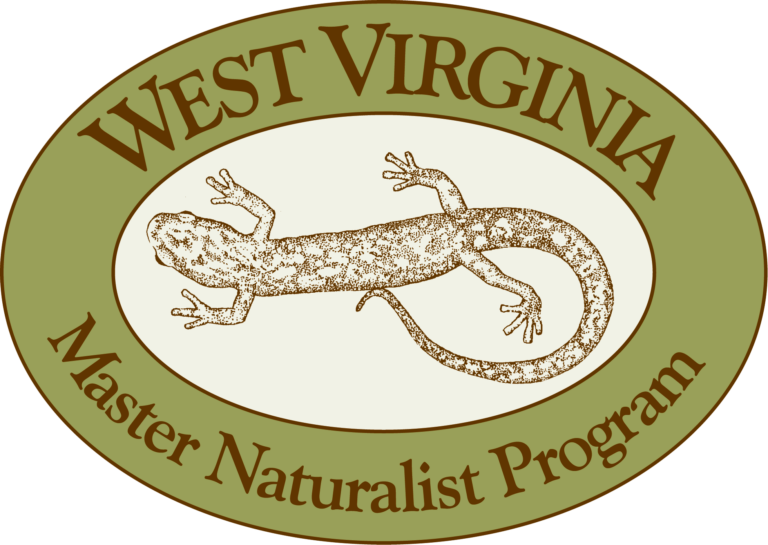Master Naturalist training is generally handled through the local chapters. A few classes that count toward certification or re-certification are offered during the Annual Meeting weekend each year. Training from other sources (college classes, various workshops, etc.) may also qualify for credit. In order to get credit these outside classes need to be approved by the Master Naturalist Advisory Committee.
Classes may be held on the weekends, or in the evening during the week. The exact schedule varies from chapter to chapter.
Certification requires successful completion of 62 hours of classroom and field experiences plus 30 hours of approved volunteer service. Successful completion of a class simply involves attending that class. There are no exams or grades.
To maintain active status, a Master Naturalist must complete a minimum of 8 hours of advanced coursework and 16 hours of volunteer activities each year.
(Notes: Below are links to PDFs of class information. Those in the process of completing their certification from prior years must now add the new core requirements of Fish and Geology.)
Core Classes
- Amphibians and Reptiles (3 hrs.)
- Aquatic Habitats (3 hrs.)
- Birds (3 hrs.)
- General Ecology (3 hrs.)
- Habitat Improvement (3 hrs.)
- Terrestrial Habitats (3 hrs.)
- Trees, Shrubs, and Woody Vines (3 hrs.)
- Wetland Habitats (3 hrs.)
- Wildflowers and Weeds(3 hrs.)
- Names, Classification, and Identification (1 hr.)
- Nature Interpretation and Teaching (3 hrs.)
- Preserving and Sharing (3 hrs.)
- Insects, Spiders, and Other Invertebrates (3 hrs.)
- Mammals (3 hrs.)
- Fish (3 hrs.)
- Geology (3 hrs.)
Elective Classes
- Nature in Winter (1-3 hrs.)
- Sketching for Naturalists (1 hr.)
- Humans and the Environment (2 hrs.)
- Mushrooms (2-3 hrs.)
- Other Topics as Approved (1-4 hrs.)
